Uzbekistan evacuated more than 530 citizens from conflict zones over two years
In 2019-2021, more than 530 people were returned to Uzbekistan from disadvantaged regions such as Syria, Iraq and Afghanistan.
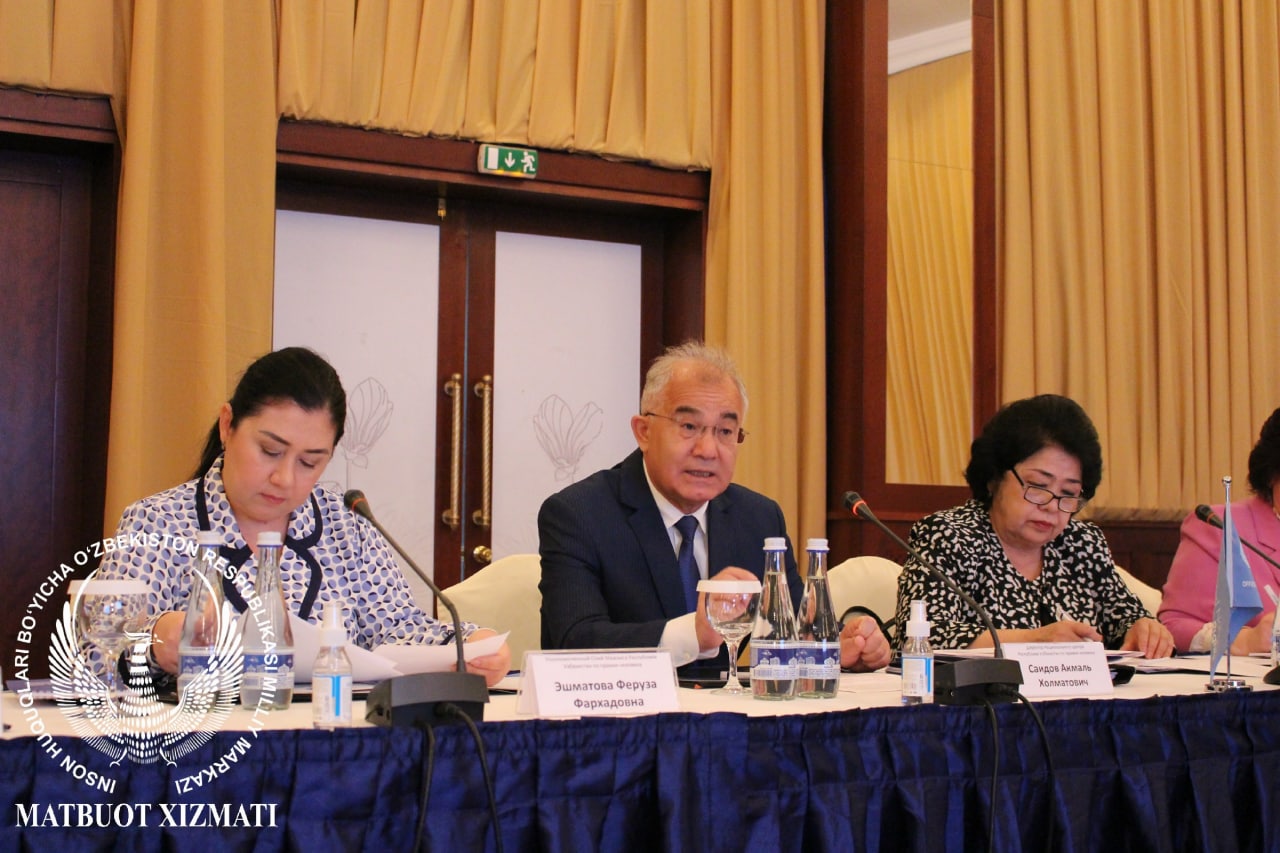
Photo: pravacheloveka.uz
Akmal Saidov, First Deputy Speaker of the Legislative Chamber of Oliy Majlis, Director of the National Center for Human Rights, spoke about this.
“Round table” on the topic “Strengthening the role and capabilities of the National Human Rights Institutions of Uzbekistan in the field of monitoring and evaluation of activities for the reintegration and resocialization of repatriates from conflict zones, including women and children from Syria, Iraq and Afghanistan” was held on April 5 this year in Tashkent.
During his speech, Akmal Saidov said that the government of Uzbekistan, as part of a humane policy, carried out five special operations “Mehr” to evacuate citizens of Uzbekistan from the above countries. Of the total number of those returned – more than 120 women and about 380 children.
In order to restore the repatriates returned under the “Mehr” programs and their social adaptation, the Government of Uzbekistan adopted regulatory legal acts, created republican and territorial interdepartmental commissions, which carried out rehabilitation and social adaptation measures for repatriates.
During the first stage of rehabilitation, within a month, medical examinations were carried out for repatriates in the “Buston” sanatorium in the Tashkent region, measures were taken to restore IDs, as well as to issue birth certificates to children born in the Syrian-Iraqi zone under the current legislation .
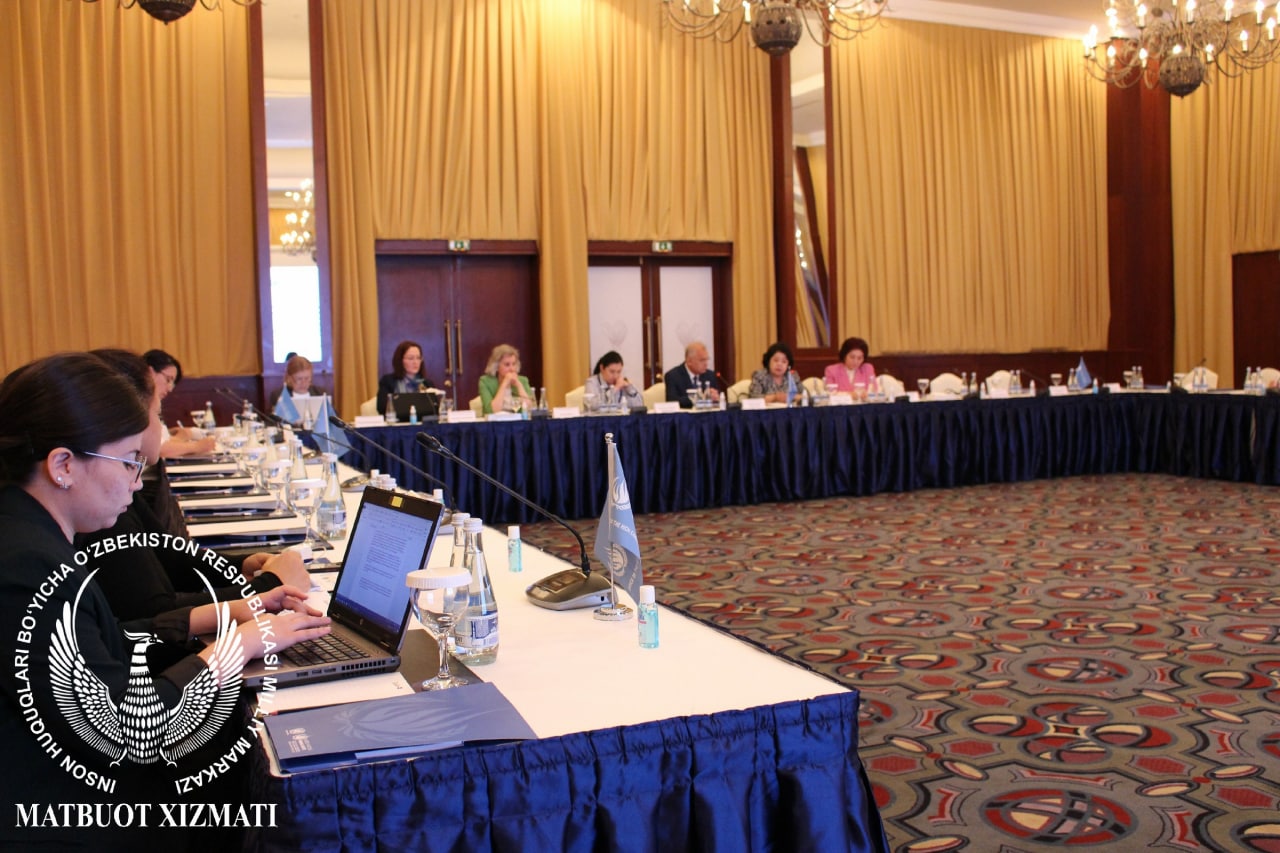
As part of the second period of adaptation in places, repatriates in their places of permanent residence were assisted in finding employment or continuing education. They were involved in an active social life.
In addition, psychologists and other specialists organized work with relatives to have a positive preventive effect on repatriated citizens in a family setting. The moral support of close relatives and friends turned out to be a key factor in the successful re-socialization of repatriates. Other measures have been taken for the social adaptation of these citizens of the country.
“In general, the program implemented by the leadership of Uzbekistan for such repatriation of citizens of the country, despite what they have done in the past, can serve as an example for many countries whose citizens are still in refugee camps in Syria and Iraq,” the conclusion reads.
Related News
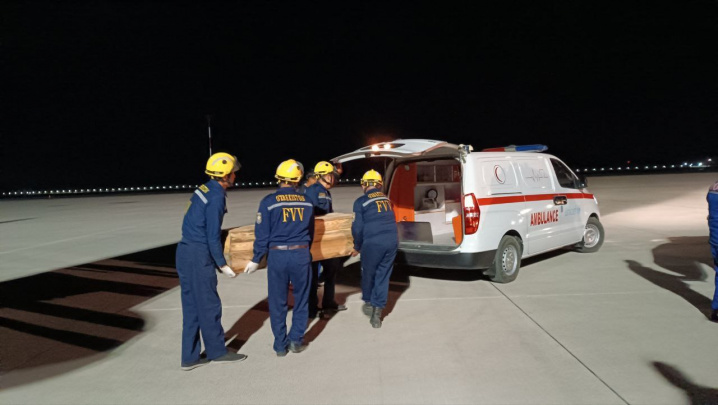
13:55 / 10.02.2026
Uzbekistan to cover repatriation costs for deceased labor migrants
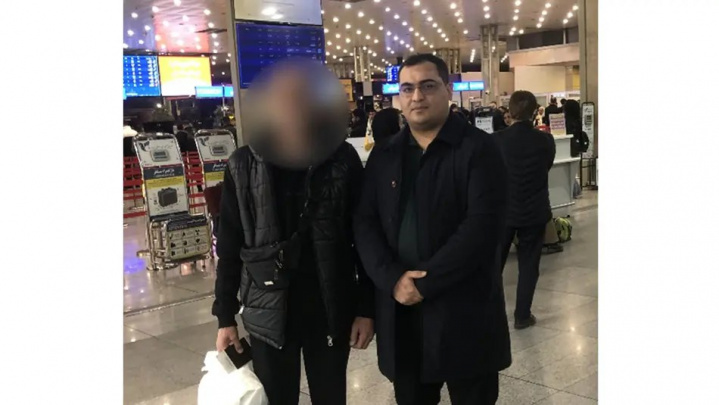
08:30 / 05.02.2026
Uzbek national stranded in Iran repatriated with diplomatic assistance
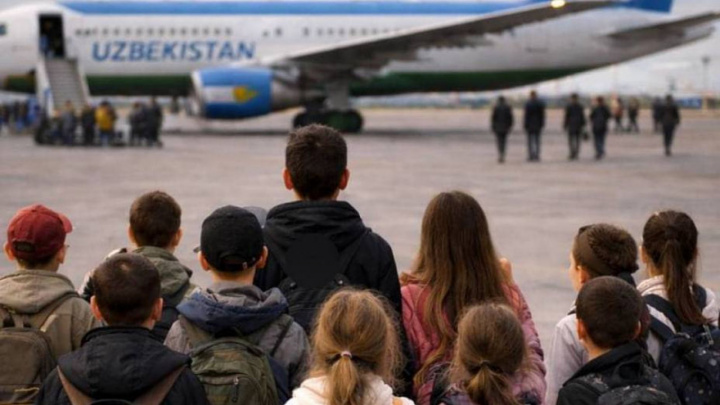
16:40 / 28.01.2026
Uzbekistan repatriates 14 children left without parental care in Russia
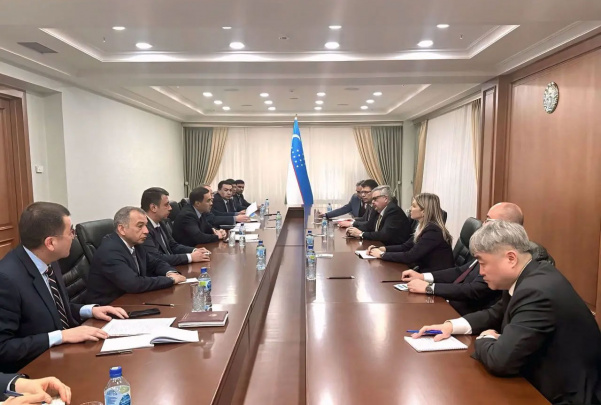
20:36 / 27.01.2026



